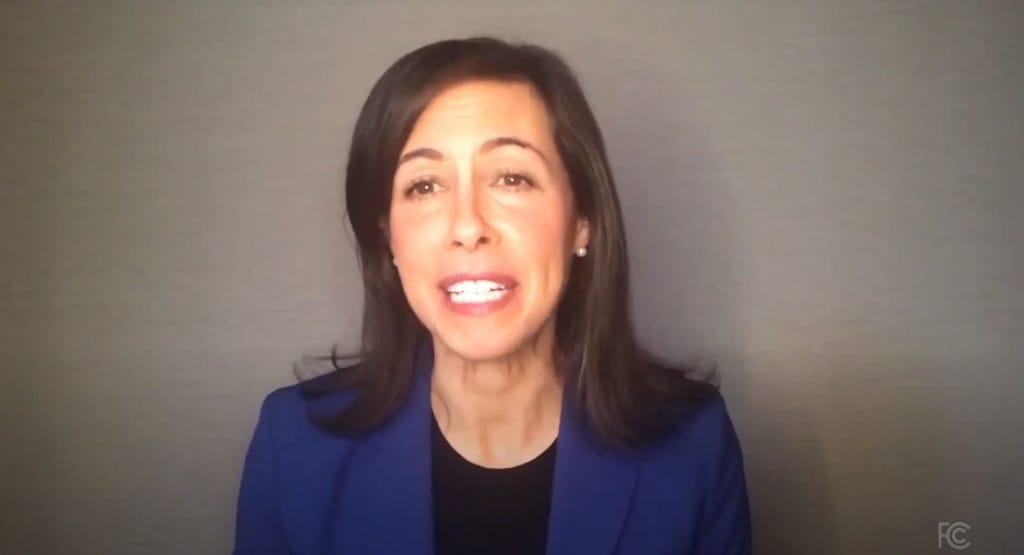Associations Press FCC to Keep Robocall Extension for Facilities-Based Carriers
Organizations say preponderance of illegal calls don’t come from facilities-based providers.
Ahmad Hathout

August 11, 2021 – In submissions to the Federal Communications Commission on Monday, associations representing smaller telecom are asking the agency to keep an extension specifically for facilities-based carriers to comply with new robocall rules.
In May, the FCC voted to push up by a year, from 2023 to 2022, the deadline for small carriers to comply with the STIR/SHAKEN regime, which requires telephone service providers to put in place measures – including analytics services to vet calls – to drastically reduce the frequency of scam, illegal robocalls, and ID spoofing that misleads Americans to believe the call is legitimate. Large carriers, however, had a deadline of June 30 this year.
But in submissions to the FCC this week, the Competitive Carriers Association, NTCA, and USTelecom said the preponderance of illegal robocalls come from smaller providers – those with fewer than 100,000 lines – that don’t have networks and, because of that, facilities-based carriers should have the additional year to comply with the rules, which is reportedly a highly technical and complex endeavor.
To appreciate the effort, providers must tag or label all calls on their network, using analytics tools, to ensure that the calls are legitimate. All illegitimate calls must be tagged as potential spam or blocked completely. Even still, the possibility of “false positives” can occur. Failure to comply with the rules could result in hefty penalties.
‘Good faith’ actors shouldn’t be penalized
“Commenters recognize as well that care must be taken to correctly identify this group of small providers in a surgical and precise manner that does not sweep in innocent actors and compel them to adopt this standard on a timeframe they had neither anticipated nor budgeted for,” the NTCA said in its submission to the FCC on Monday.
“A more targeted and effective way of capturing the parties that prompted these proposals can be found in the record – specifically, the Commission should require operators that are not ‘facilities-based’ voice providers…to adopt STIR/SHAKEN on a more accelerated timeframe,” the NTCA continued.
Burden of proof on non-facilities providers to show need for extension
USTelecom, however, added that the non-facilities-based providers – which generally originate calls over the public internet – should be able to request the full two-year extension, but they must show why they need it.
“It’s also critical that they are required to explain in detail and specificity why their robocall mitigation plans are sufficient to protect consumers and other voice service providers from illegal and unwanted robocalls,” USTelecom said in its Monday submission.
“Such a requirement would offer the right balance between affording non-facilities-based small providers the opportunity for the full extension if truly needed, but without creating an opportunity for the small VoIP providers responsible for illegal robocalls to abuse the process in order to continue to send unsigned illegal traffic downstream to the detriment of other providers and consumers,” USTelecom added.









Member discussion